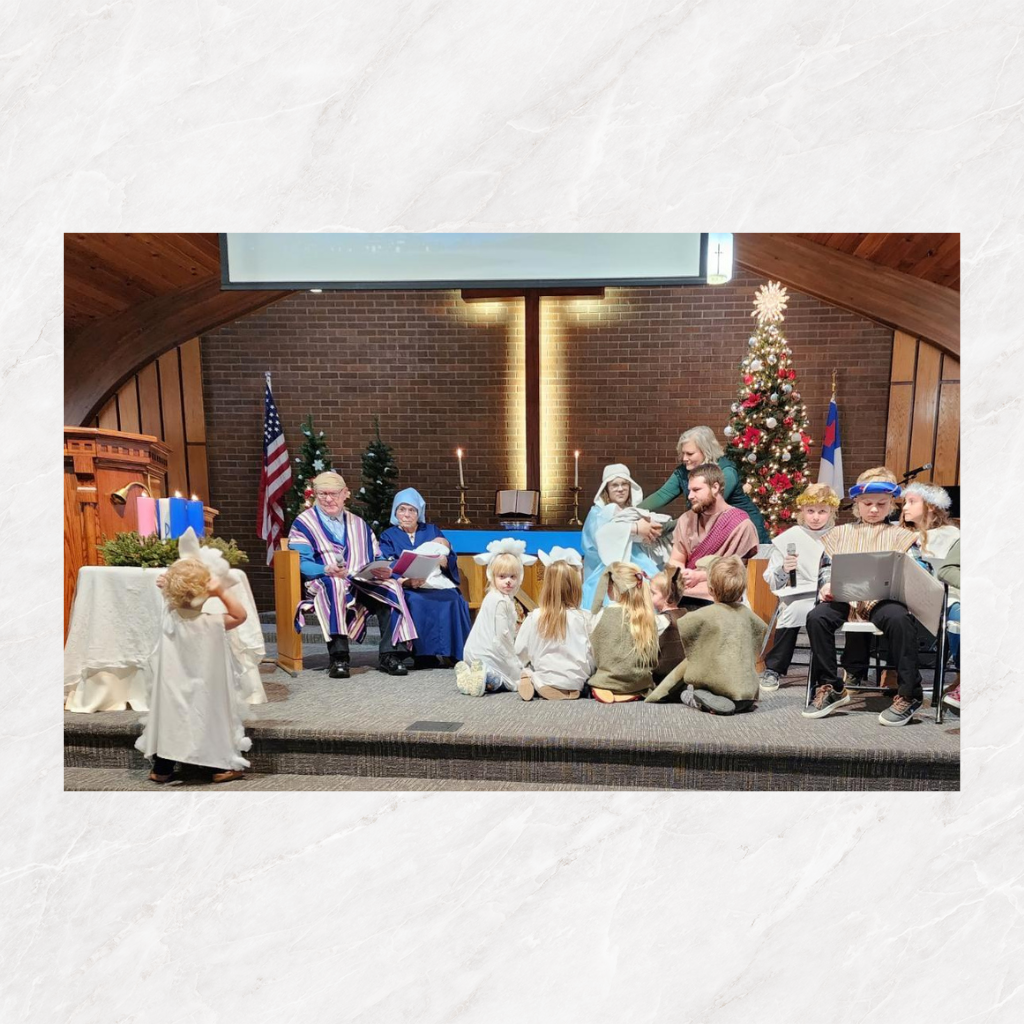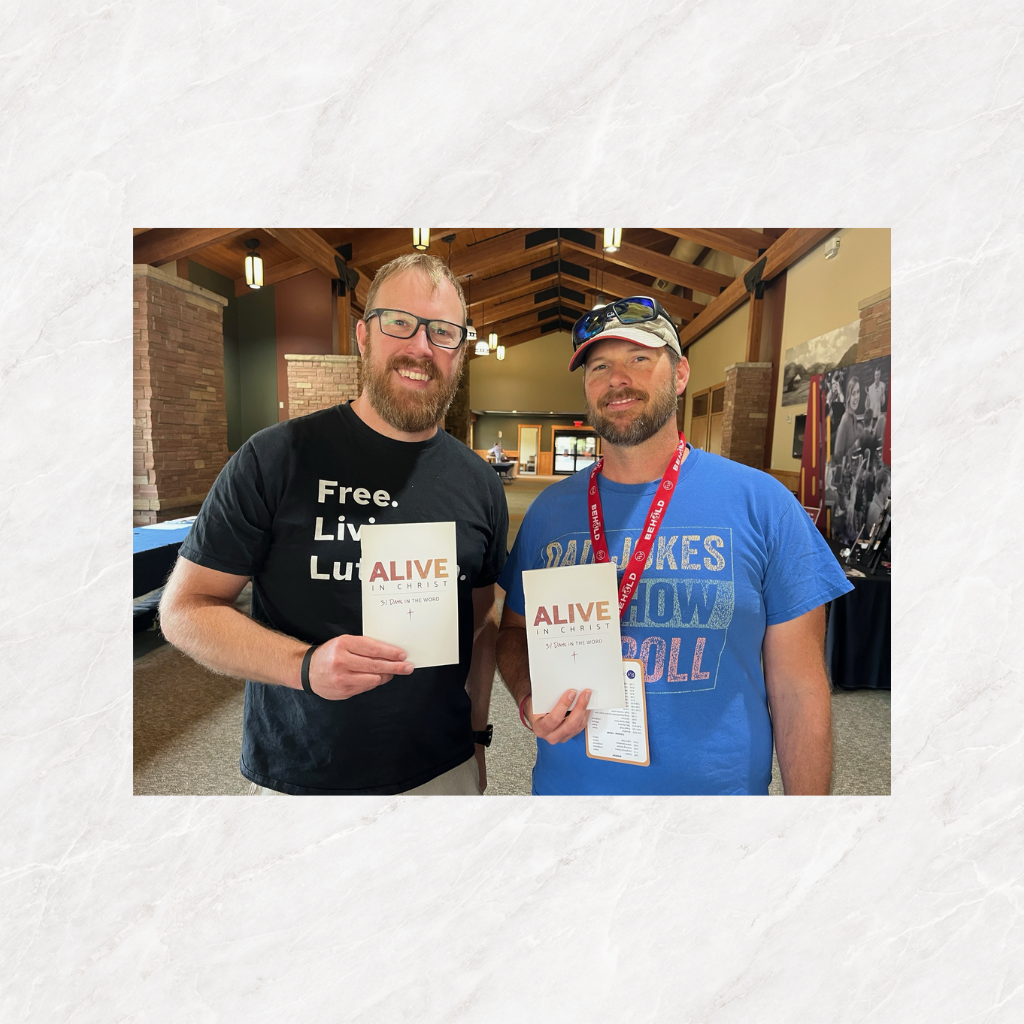Reviews
Post-Christian: A Guide to Contemporary Thought and Culture

“Postmodernism” has been used frequently to describe our culture. However, this concept, which has been around for quite a while now, no longer seems to fit our society today. But what does that mean? Are we still living in a world dominated by a postmodern worldview? And if we’re not, what kind of age are we in now, and how should we as believers respond? This new book by Gene Veith deals with this very issue. Post-Christian: A Guide to Contemporary Thought and Culture is a sequel to Gene Veith’s earlier work, Postmodern Times, and it looks not only at the historical worldviews that have brought us to this current point in time, but also offers ways in which we as believers can respond to the current issues we are facing.
Veith points out in his introduction that while he initially thought postmodernism would end after 9/11, it didn’t. Instead, it “hardened, becoming more political and less playful, more dogmatic and less tolerant.” This change in postmodernism has brought us to a point of being postsecular as well as post-Christian. Veith divides this book into four sections and looks at how we relate to each of these “major facets of contemporary thought and culture”: reality, delving into science and technology; the body, looking at the gender and body issues which are rampant in our culture right now; society and the role politics and education have played and continue to play; and religion, addressing, in part, individuals being spiritual vs. being religious, and secularization of the Church that is becoming more and more prevalent. Each section offers such a great deal of insight into those areas that it is hard to summarize briefly. But as Veith works through each topic and the history and the issues within them, he also points out opportunities believers have in responding to those issues.
Post-Christian offers a lot of information and content to take in, and it is academic in style, which may make it difficult for some readers. However, it is very much worth the effort. Even after going through this book a few of times, I could still gain new understandings from re-reading it again. Veith offers great insights into both the past and current trends in our culture and society that are important for believers to understand as we look to effectively minister to the world around us.
This world we live in can seem depressing at times, but Veith reminds his readers in his conclusion that “Christians should not be discouraged, despite the seeming unreceptiveness of post-Christian society . . . Christ builds his church. God acts. The succession of ages and movements are all in his hands—premodern, modern, postmodern, post-Christian, post-secular, and whatever will come next.”
Diane Brubakken
Ambassador Publications Administrative Assistant
Plymouth, MN

Prayer Partners in Christian Education

Presents with Presence

